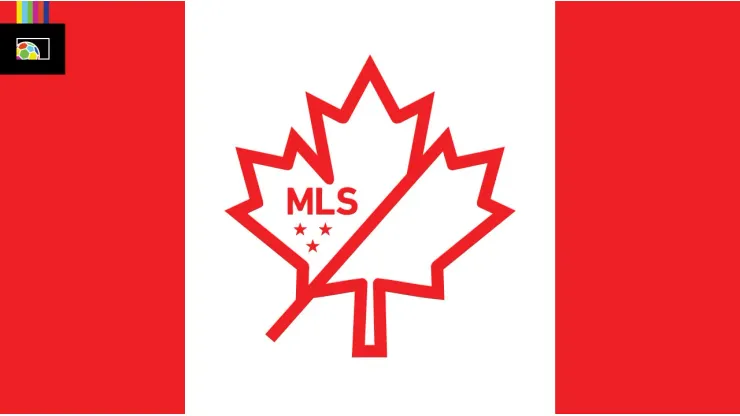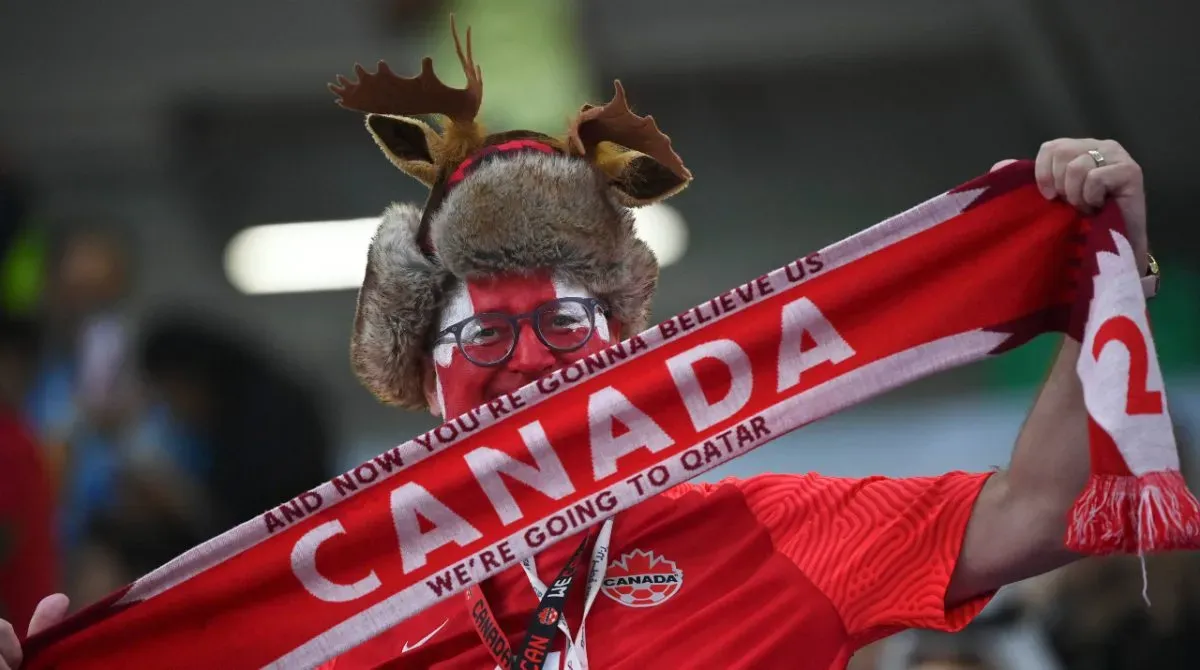Around the world, a soccer club playing in a league outside their own country is unusual, but not completely unheard of. However, it’s usually reserved for clubs from very small nations that aren’t big enough to have a robust league of their own. So why do Canadian teams – from a large, developed country – play in MLS?
History of Canadian teams in MLS
Canada and MLS go back to the mid-2000s. At the turn of the millennium, MLS was not in the best shape. They’d just disbanded two clubs and had shrunk down to ten teams. It was almost like they were starting over.
The first expansion after this downturn was with a second Los Angeles team, Chivas USA, and Real Salt Lake, with both teams joining in 2005. Two years later, MLS went north of the border for the first time. Toronto FC became the league’s 13th team, kicking off in 2007.
Having one or two Canadian teams is nothing new for the other American major sports leagues. TFC joined the NBA’s Toronto Raptors, MLB’s Toronto Blue Jays, and the NHL’s seven clubs as Canadian guests in American leagues. Even the NFL’s Buffalo Bills have played a few home games in Toronto.
Interestingly, while Toronto FC was the first MLS team in Canada, at the same time they are not the oldest Canadian team currently in MLS.
In 2011, the Vancouver Whitecaps joined MLS on Canada’s west coast. But the ‘Caps already existed in USL as a second-division team and had been playing since 1986 (originally as the Vancouver 86ers). The heritage of the original Whitecaps dates back to 1974 in the original NASL.
One year later, another Canadian club joined the fray, when the Montréal Impact (today CF Montréal) joined from the 2011 version of the NASL. That team was originally founded in 1993. So two of the three Canadian teams in MLS actually pre-date the league itself.
At the time when all three teams joined (and/or were playing in American lower divisions), Canada had no substantial pro soccer league system. Similar to other sports, the only place for a high-level pro team to go was the American setup.
A changing Canadian soccer landscape
While MLS continues to expand, it is unlikely that another Canadian team will ever join the league.
For one, Toronto, Montréal, and Vancouver are by far the three biggest markets in Canada. So those are already covered. Plus, many American cities are surely on the league’s wishlist for future teams before any additional Canadian markets would be considered.
In addition, in 2019, Canada finally got a league of its own. The Canadian Premier League launched and is officially recognized as the nation’s division one league. Presently, the league has teams in Toronto, Greater Vancouver, Greater Victoria, Calgary, Ottawa, Halifax, Winnipeg, and Hamilton. Formerly FC Edmonton, another former NASL team, was a member.
The existence of a Canadian league has caused a shakeup in an American league, too. Due to “exceptional circumstances” no longer existing, the Ottawa Fury, then playing in USL, were not sanctioned by CONCACAF to play in an American league since a Canadian league now existed. As a result, the Fury folded. In USL, Miami FC purchased their franchise spot. In the CPL, they were replaced by a new team, Atlético Ottawa. The club is owned by La Liga side Altlético Madrid and shares similar colors and uniforms.
Our Pick:Includes: Every regular season game, MLS Cup Playoffs, Leagues Cup, & More |
|
This CONCACAF-sanctioning decree, however, has not applied to the three MLS teams.
All Canadian teams do however come together for the Canadian Championship. The equivalent of the U.S. Open Cup or FA Cup, this tournament features all MLS and CPL teams as well as semi-pro sides from provincial leagues. The winner earns a place in the CONCACAF Champions Cup.
Soccer’s future in the great white north
It appears that MLS will continue to field three sides in the American top tier. Due to MLS’s influence within CONCACAF and the money involved, it’s very unlikely Toronto, Vancouver, and Montréal are ever forced to, or voluntarily, join the CPL.
Meanwhile, Canada’s own soccer pyramid will continue to grow and improve independently. And those domestic-based clubs will have a chance to knock off their MLS big brothers in Cup play.
Guide to Major League Soccer
200+ Channels With Sports & News
- Starting price: $33/mo. for fubo Latino Package
- Watch Premier League, Women’s World Cup, Euro 2024 & Gold Cup
The New Home of MLS
- Price: $14.99/mo. for MLS Season Pass
- Watch every MLS game including playoffs & Leagues Cup
Many Sports & ESPN Originals
- Price: $10.99/mo. (or get ESPN+, Hulu & Disney+ for $14.99/mo.)
- Features Bundesliga, LaLiga, Championship, & FA Cup
2,000+ soccer games per year
- Price: $5.99/mo
- Features Champions League, Serie A, Europa League & Brasileirāo
175 Premier League Games & PL TV
- Starting price: $5.99/mo. for Peacock Premium
- Watch 175 exclusive EPL games per season








